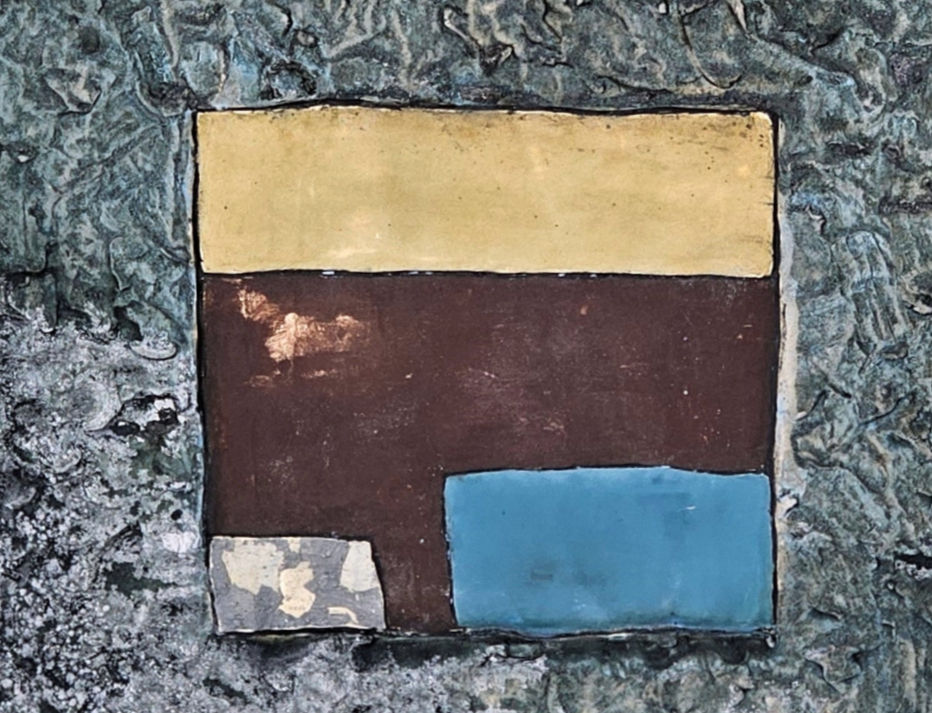The Starving Artist Myth — What, That Again?
- François Grenier

- May 13, 2025
- 2 min read
Updated: May 13, 2025
It’s time we talk about the art world’s gatekeeping problem, and why so many artists still don’t know how to make a living off their work.

For several years now, I’ve been working to place my art — and by extension, myself — on the market. I want to sell my work. Not for vanity, and not as a side hustle, but as a legitimate and sustaining livelihood. And yet, despite my dedication, I’m still unsure how one actually achieves that mythical intersection of creative integrity and financial stability.
It must be said: our higher education institutions are complicit in perpetuating the “starving artist” myth. They groom artists for critique, concept, and craft, but almost never for commerce. There are no real courses on how to survive — let alone thrive — as an artist in the world. So we fumble. We Google. We search, hoping to stumble across that elusive “how-to” buried in articles, books, and online talks, only to find conflicting advice and vague promises.
I once took a workshop on this very subject, offered by the Federation of Canadian Artists. The most memorable advice? “Never approach a gallery directly. Avoid at all costs.” Instead, I was told that “seeking representation is like dating” — that galleries like to be courted and that relationships “take time, but it’s not impossible.” Not impossible? That’s their professional guidance? I’m also looking for representation in Europe and Asia — should I fly there and buy them flowers?
Meanwhile, I’ve spent the last two years pouring time and energy into the administrative side of my practice: grant writing, documenting, applying for competitions and biennales, networking, emailing, posting, planning, photographing my work, website maintenance, researching — everything but making the actual work. I kept wondering if I was just inefficient. But then ChatGPT (yes, really) informed me that, according to surveys by Artquest, Creative Capital, and CERF+, visual artists typically spend 60–80% of their time on non-art-making tasks. Apparently, I’m not an outlier — I’m just a product of the system.
Still, despite the hustle, I remain unrepresented. It’s as though the art world operates on an unspoken agreement — one that reinforces a gatekeeping culture where artists must wait to be “discovered” by the art world elite, who, notably, are rarely artists themselves. The absurdity of this is clear: how can one be discovered if one’s work isn’t being shown?
Human beings are crass. We romanticize the struggling artist, as if poverty were proof of artistic purity. And so I ask — not rhetorically — why do we continue to uphold this broken culture, one that demands artists starve for their art while everyone else feasts on it? Anyway, all I would get as an answer is a blank stare.



Comments